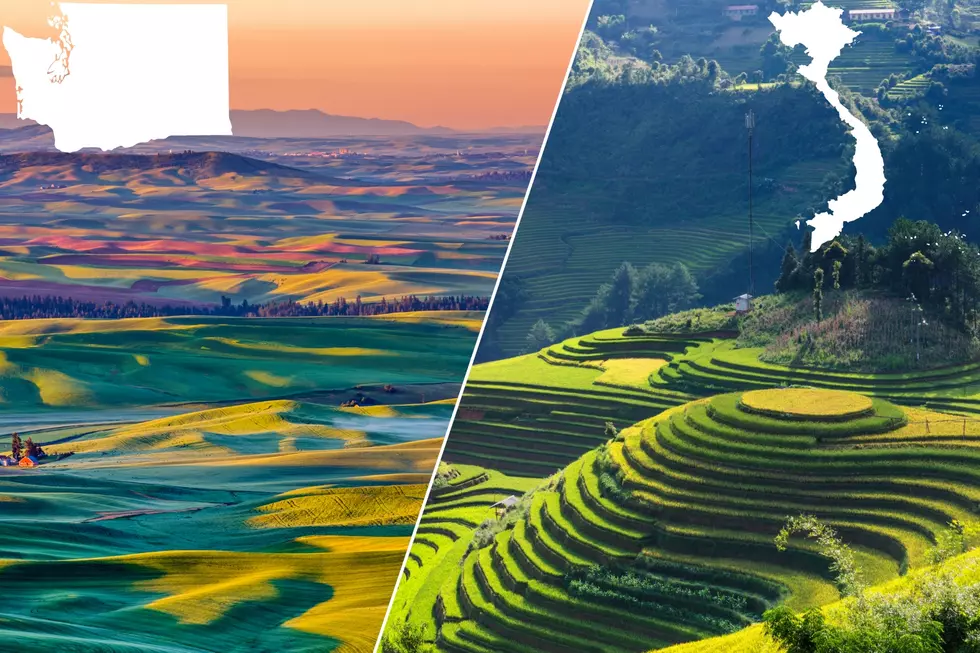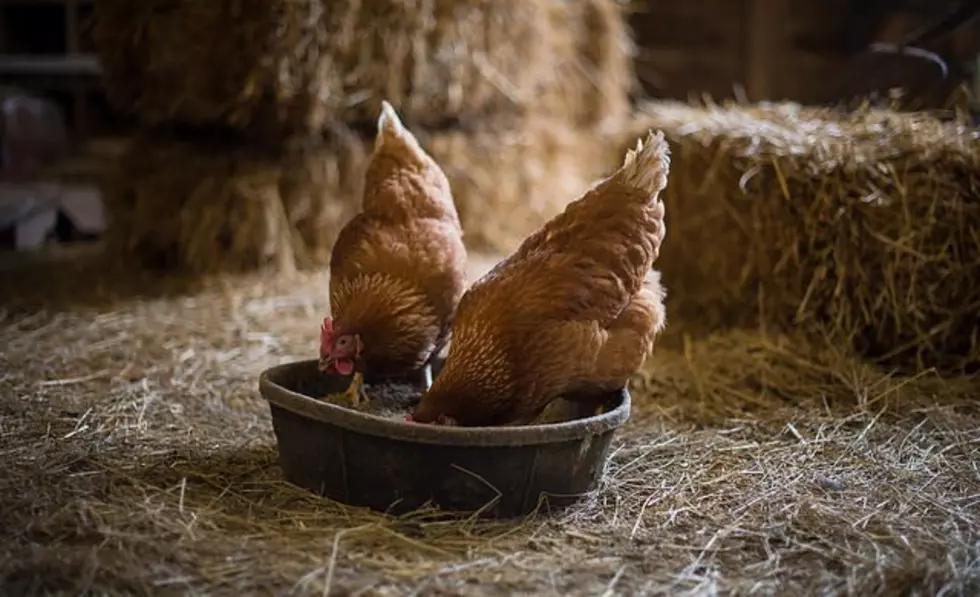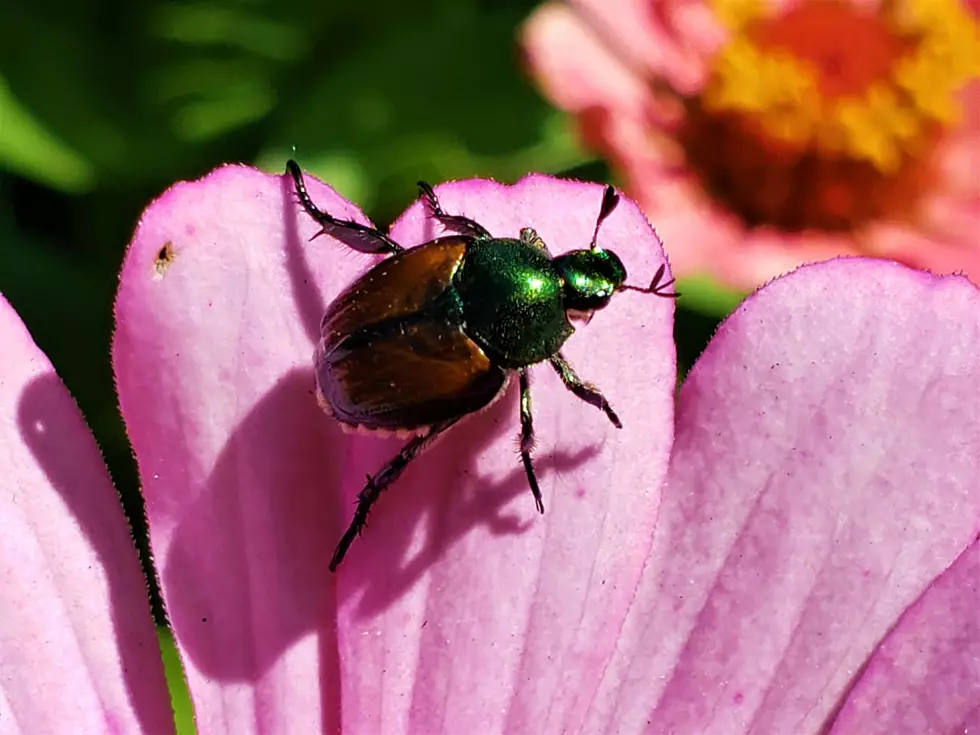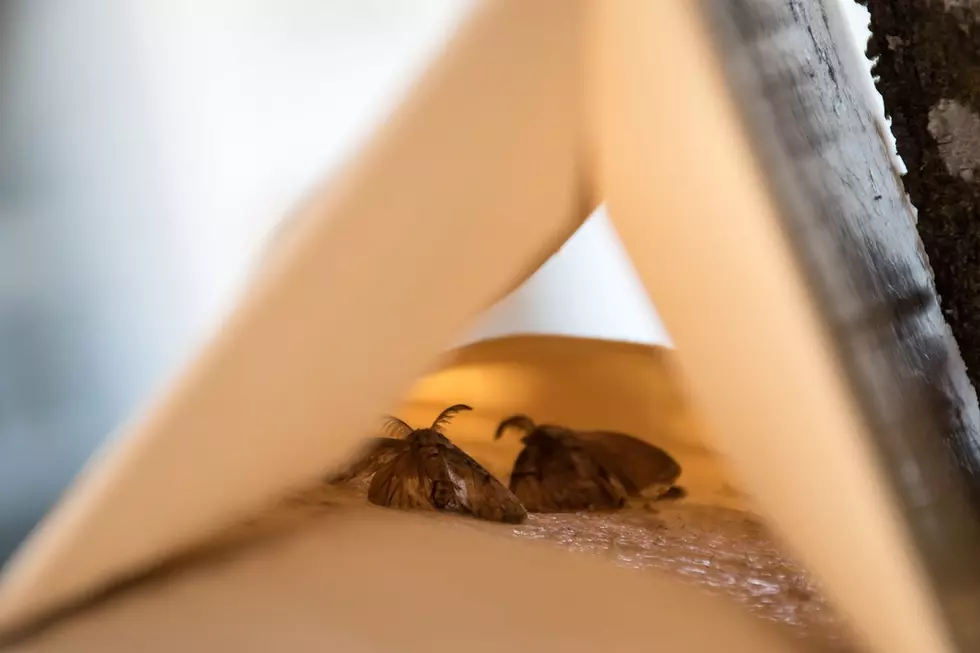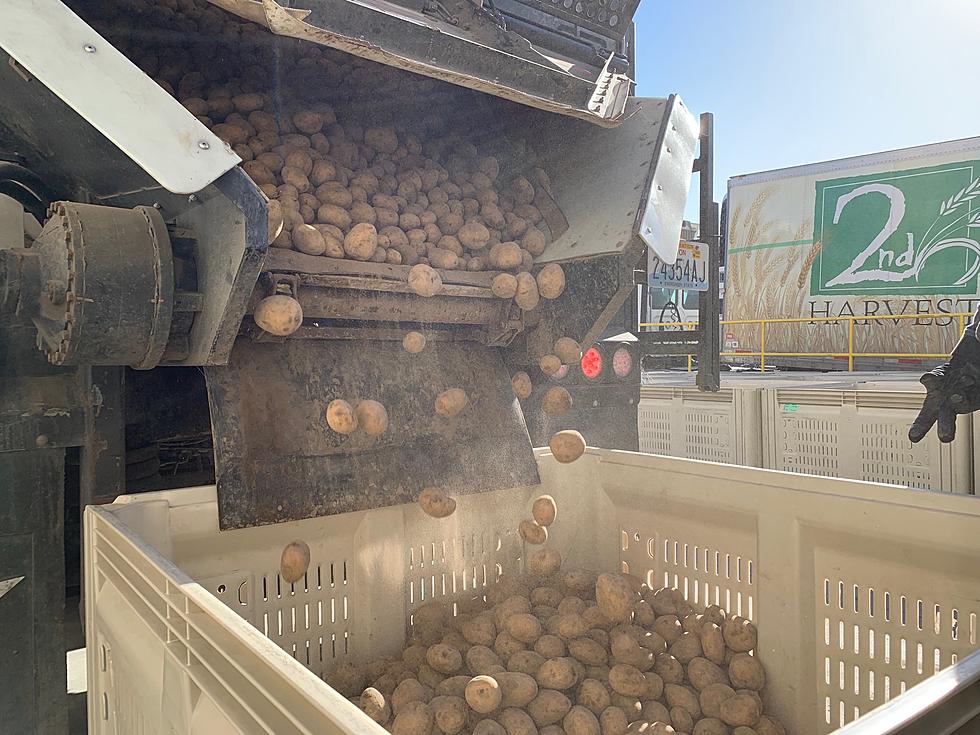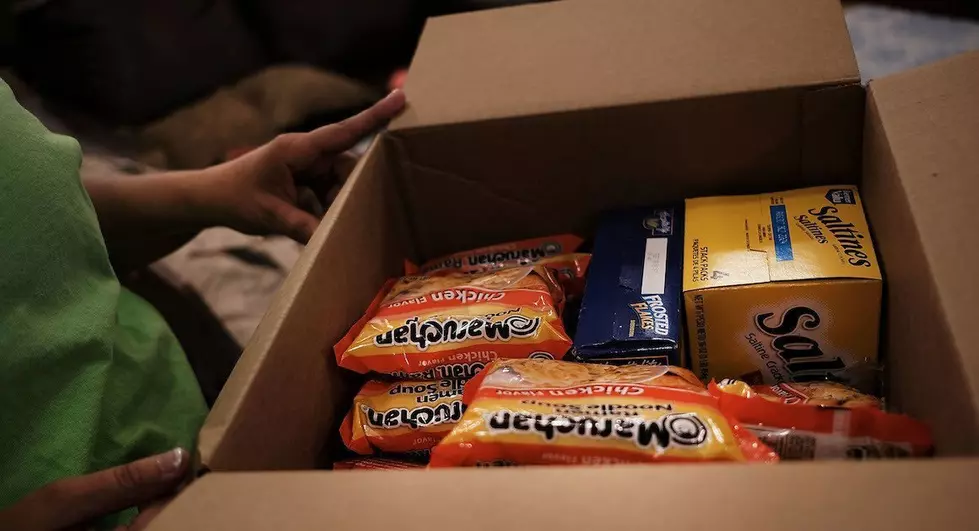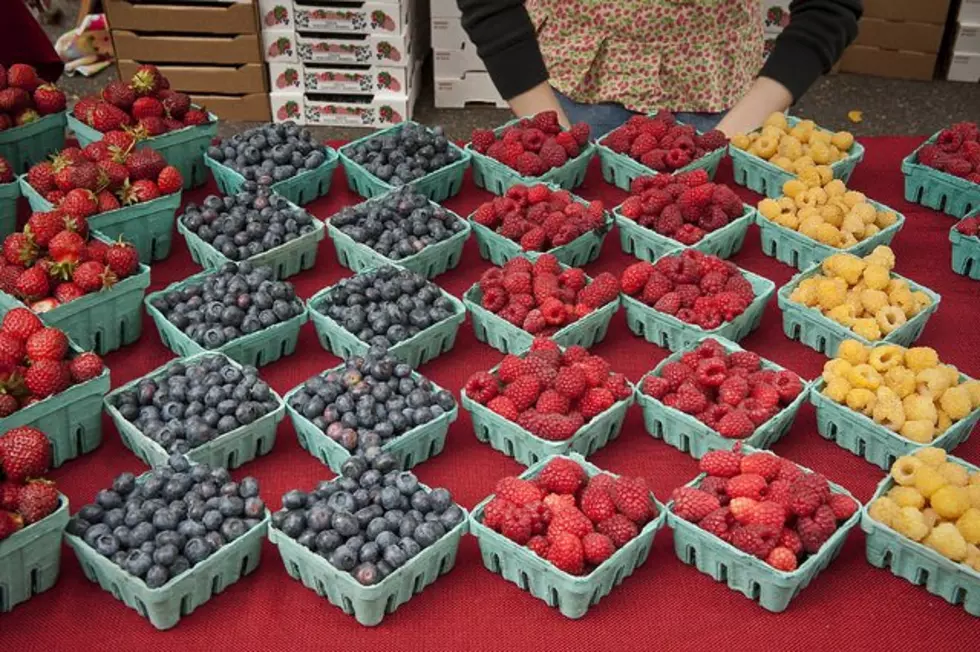
WSDA Looks To Address Veterinary Shortages
It’s a growing problem across rural America; finding veterinarians, especially large animal veterinarians. Statistics show as many vets retire, or relocate, livestock owners are finding it more difficult to find needed care.
Why is rural America struggling with this shortage?
Interim Washington state Veterinarian Dr. Amber Itle said it’s a very complex issue, and there are a lot of things to look at.
“One, I don’t know that we’re recruiting the right types of students in veterinary schools. We need to recruit students from rural communities and from agriculture, that want to come back and work in these communities, live in these communities, stay in these communities, for a long time. The second issue is that a lot of veterinarians have spouses that also have careers, and trying to find careers for them in rural communities can also be a challenge.”
In response the state veterinarians office successfully nominated four vet shortage areas across the Evergreen state, opening the door for veterinarians to take advantage of both USDA’s Veterinary Medicine Loan Repayment Program, and the Veterinary Services Grant Program.
Current shortage areas include:
- Adams and Franklin counties
- Douglas, Grant and Lincoln counties
- Clallam and Jefferson counties
- Asotin, Columbia, Garfield and Walla Walla counties
And Itle noted other areas could receive designation into the future.
Itle noted being a large animal veterinarian is so important for a variety of reasons.
“We contribute to food safety. A safe food supply for everybody out there to eat is really important. We are very much involved in public health, and we deal with diseases everyday. We’re at the forefront of the One Health Initiative, when we think about public health, animal health and environmental health and antimicrobial stewardship. We’re so important and critical to having a voice in that structure and really making a difference. And you know, animal health and welfare; as public values and views change we need to be there to help educate that public.”
If you have a story idea for the PNW Ag Network, call (509) 547-1618, or e-mail gvaagen@cherrycreekmedia.com
More From PNW Ag Network
